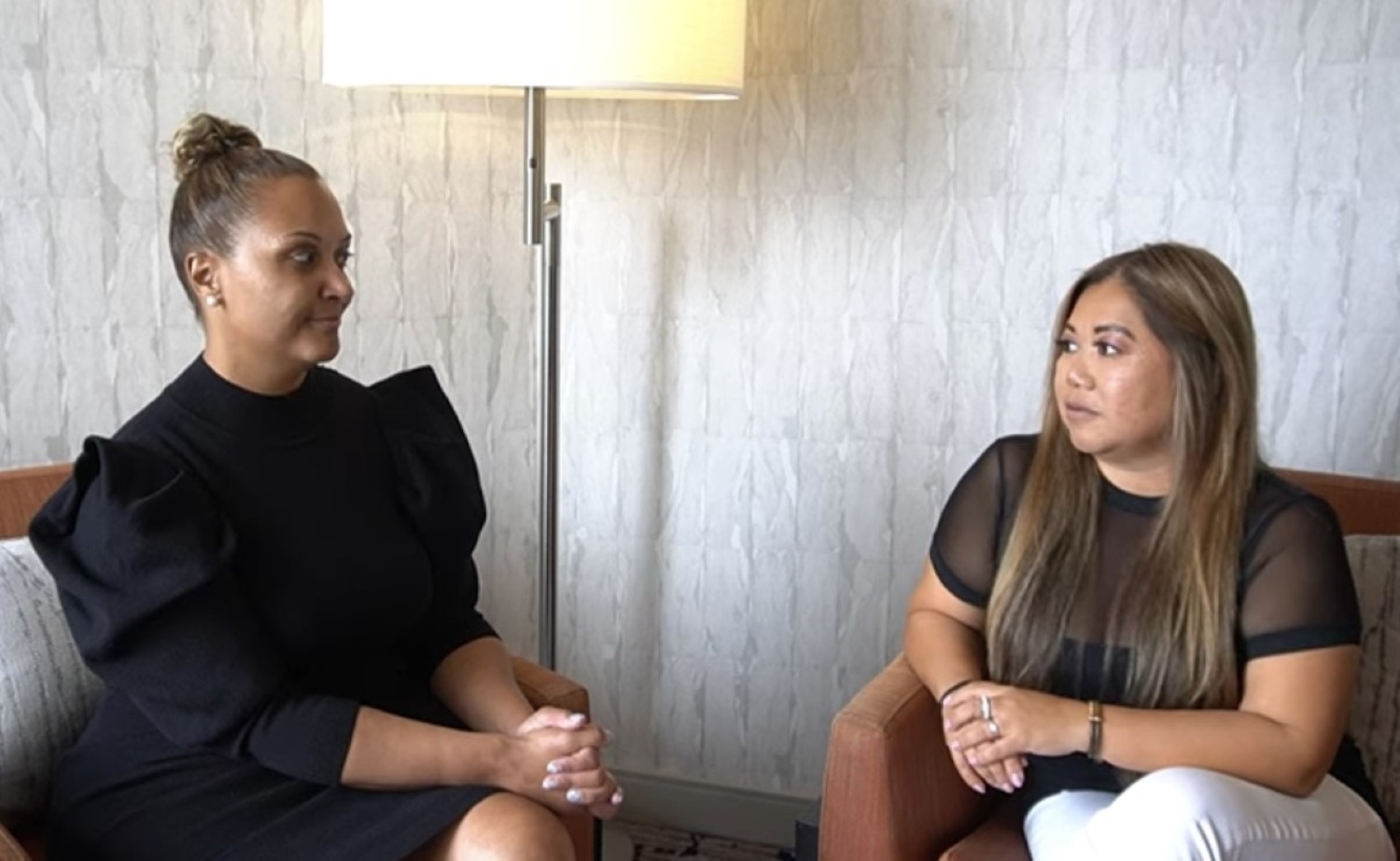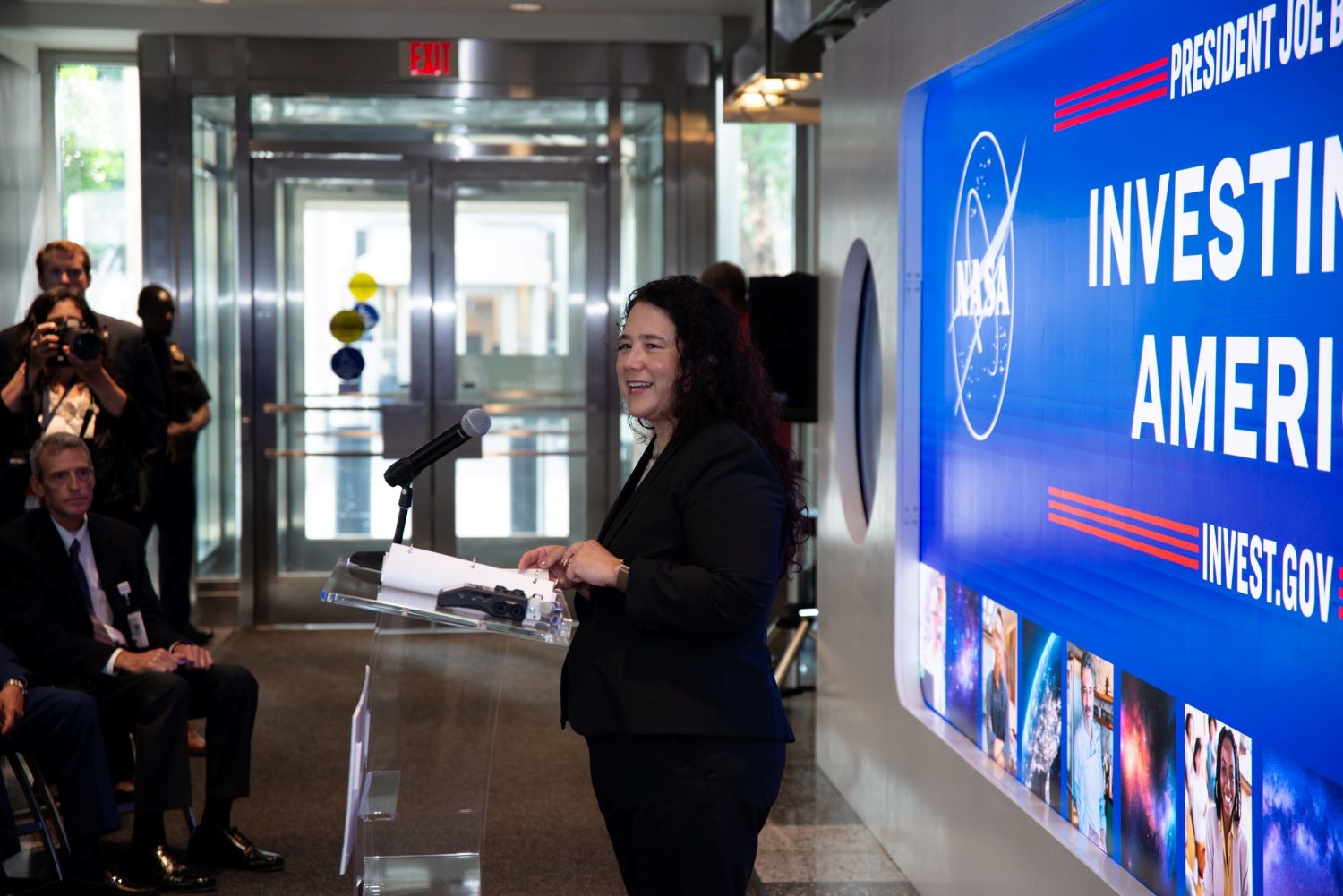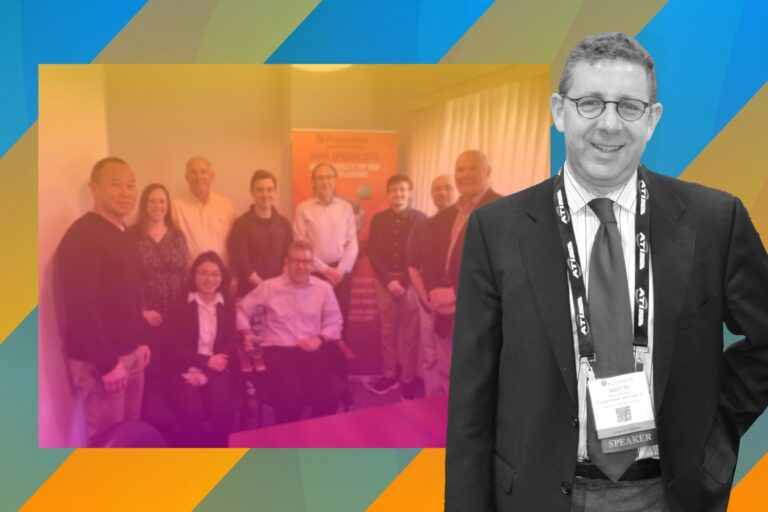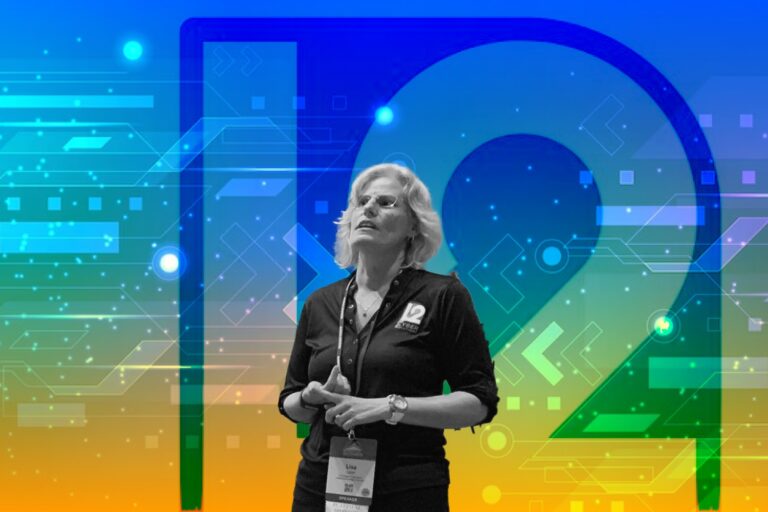Leilani Lacusong Take on Male Dominated Industry and Change the Status Quo
A historic labor shortage is present, particularly in the construction sector. However, it appears that sexism outweighs economics.
Nearly half of women and non-binary tradespeople who work in industries related to construction have stated that they had left or “seriously” considered leaving the industry’s crafts due to harassment and lack of respect.
According to a recent study by the Institute for Women’s Policy Research (IWPR), this is bad news for a sector that desperately needs more workers: Over the next three years, it will require an estimated 61,000 additional workers a month to meet housing demand.
The current shortage should be creating a prime opportunity for job-seeking women to find construction employment. This is where Leilani Lacusong entered the picture. With her diligence and the willingness to go beyond the scope of work, her business Leis Consulting, she was able to get in in the federal sector.
Get into Male Dominated Industry with Top Notch Skills Set
At the age of 17, Leilani Lacusong was employed by four international firms, including Gensler, where she was assigned roles such as project accountant and project manager. A diverse skill set was acquired throughout this journey.
As her career evolved, it became increasingly clear that Leilani was adept at wearing multiple professional hats and accumulating a wealth of valuable experiences. These various skills and experiences converged like precious puzzle pieces fitting perfectly into a single jar. Eventually, she made a conscious decision to channel these honed abilities towards serving in the federal government.
“I wear many hats, and so I extracted all the experiences that I have. I just, you know, put them all in. I would say I put them in one jar, and then I gave it to the federal government,” said Leilani Lacusong.
Even so, stepping out from corporate environments to be a business owner and providing construction to the federal government is a big thing, there must be a driving force behind that. In the tale of Leilani, discrimination was the reason.

Leilani shared, “Because discrimination and they said I can’t do it. from a W-2 environment and the other General Contractors, they said, ‘You can’t do it. You want to do construction, you want to do janitorial, you want to advocate for the homeless.’ They said, ‘Leilani, there’s just no way you can do it.’ I said, Okay, I said I’ll be right back.”
She added, “Just to let them know that the more they challenge me, saying that I can’t do it, they tell me to go right, and I go left.”
Despite facing challenges in the environment, Leilani was able to secure her initial contracts by identifying the real product in her business.
She said, “It’s also a paradigm shift for me. It’s not just knowing how you read the contracts or knowing the scope of work, but I think it’s a paradigm shift because I’m the product. I believed in myself because of the passion that I have. The people heard me on the phone; they see me while I’m on the phone because they never see me in person. However, that passion transcends through to the other party, and they said, ‘We’ve got to give her a chance.’”
Leilani was open to contracts, even five to ten dollars, but when it came to government contracts, it was a different ballgame. Her very first government contract was worth $65,000 over five years. To put it simply, it was like a credit card job. It was set aside specifically for small businesses, and the payment structure was aligned with that designation.
At the Air Force Base in Dyess, Texas, where Leilani had previously been unaware of its existence, she had secured a contract for carpet extraction. It was a unique situation; they needed their carpets cleaned, and she was eager to do the job.
However, when she showed up on her first day, none of her employees were there to assist. It was just Leilani and her carpet cleaning machine, equipped with a built-in heater. So, in that remote part of Texas, Leilani found herself operating the machine and manually extracting dirt from the carpets, all by herself.
She said “I was happy to do it. I was passionate about extracting that carpet for the next contract. They’re gonna know that I’m really passionate, and this is my space. This is where I belong, a hundred percent federal work.”
Leilani’s passion for her work distinguishes her in a crowded industry. While others might see carpet cleaning as mundane, she approaches it with a sense of purpose. This dedication and enthusiasm have helped her business surpass the million-dollar milestone. But there is one key element about Leilani and her business is they are willing to do anything and everything beyond the scope.
“I was picking up trash, and I know they can see me. They can see me like that’s not part of my scope. I would clean the place like I have done and perform janitorial work,” Leilani Lucasong said.
However, it’s not part of her scope, but she was happy to do it. She was happy to break her back for the federal government, whatever it may be, according to her.
With all that willingness and passion, she set her apart from other vendors, together with some other important ingredients, Leilani successfully got into the 8(A). But at the same time, she was partnering with big guys in the space which had set her in a dilemma for a while.
Getting Into the 8(A) Program or Teamed up with Big Guys?
The 8(a) Business Development program is a Small Business Administration (SBA) initiative crafted with the aim of creating a fairer landscape in federal government contracting for small business owners facing social and economic disadvantages.
Businesses that meet the eligibility criteria have the opportunity to vie for contracts exclusively reserved for program participants. Moreover, they gain access to invaluable support from SBA experts in the process of submitting government contract bids, as well as the chance to connect with mentors and tap into a wealth of other valuable resources.
The U.S. government is the largest customer in the world, spending more than $500 billion annually. According to federal regulation, 23% of those orders must be fulfilled by small business vendors. Various government agencies are required by law to spend a specific percentage of their budgets on purchasing from women-owned businesses, service-disabled veteran-owned firms, and other enterprises.
The 8(a) business development program seeks to ensure that a fair portion of those funds goes to business owners who are struggling because of their race, ethnicity, or financial situation.
With all those benefits mentioned, it seemed to be heaven to small businesses, however, Leilani used to lose hope for the program.

“I just didn’t believe in the 8(a) program in the beginning, and even now because I would always advertise Lace Consulting Group. We are dedicated and passionate about doing Government Contracting, not just Government Contracting, because we are passionate about doing construction work,” said Leilani Lucasong.
She also said, “I didn’t realize that one of the agencies really sought me out, really noticed what I was doing in their space. They said, ‘Leilani, you have to tell them that you are needed. Don’t dismiss that opportunity and do not, oh my God, stop collaborating with the big guys. Grow your business.’”
Initially, she believed that collaborating with others would provide a stronger buffer and increase their chances of winning. However, she soon realized that if she was prepared to take risks and paddle her own kayak, she could grow her business significantly.
Small businesses often find themselves in a position where they are strongly encouraged or even obligated to collaborate with these industry giants. Yet, a critical question they must grapple with is: what real value do they bring to these multi-billion dollar organizations?
In certain instances, these large corporations may aim to assimilate the work of small businesses, or their interest may primarily stem from the small businesses’ set-aside status. While such partnerships can present certain advantages, they can also pose significant challenges and complexities.
It was a lesson learned for Leilani. Now, Leilani has one vital message to all the small businesses that the first and most important thing is to grow your business from scratches.
She said, “I can also tell the other small businesses that do not be, um, what do you call that? Um, so desperate to partner with a very huge firm. Just try to grow your business, try to, I would say, start from humble beginnings, and work your way up.”
Leilani coach, Kizzy Parks added to the point, “I’ve been coaching, and what’s amazing about Leilani is that she’s focused on her business and on her team. Because, again, we get distracted. ‘Oh, this big company has this opportunity for us, so let’s go over there.’ Or, ‘Oh, I want to help out my cousin, so what can I do to win some work for my cousin?’
And, you know, these are all great things. Or, ‘Oh, I want to focus on bidding for getting an 8(a) or a service-disabled,’ and we forget the main thing with business is on sales. It’s on building your business, because at the end of the day, it’s your business.”
Capability Brief Journey – Go Beyond Your Competitive Advantage
A capability briefing is essentially a meeting during which you showcase your qualifications, share relevant case studies, and present innovative ideas to federal government procurement officers. When executed effectively, capability briefings, along with their accompanying statements, pave the way for subsequent proposal discussions.
“We’re going to Texas and I’m gonna do a capability not so much a capability briefing but a capability gratitude briefing,” Leilani said.
When she got to the destination, Leilani expressed her desire to personally connect with the agency that had awarded her government contract. Despite being told that the agency was familiar with her, she wanted to ensure a direct connection.
She was eager to convey her heartfelt gratitude to the agency for trusting her and her firm with the contract. Leilani felt deeply honored and recognized the significance of the federal government placing its trust in her and her company’s abilities to successfully complete the work.
Leilani said, “We were also after a project, which is, you know, really pivoting into another, I would say, not sector but another venture with Kizzy, which is staffing. And in my mind, we already won the contract. However, when we came back from California, from Texas to California, I said, ‘We have to be in that QVL. Otherwise, how am I going to redeem myself in the eyes of God’”
This highlights the importance of diversifying your business and exploring different areas to branch off into. Staffing was one such area, and it’s essential to not only declare your intentions to the world but also to have credibility in those areas. People may doubt your intentions when you say, “Oh, I want to do Staffing” or “I want to sell products,” but when you collaborate with someone who has a proven track record in those fields, it demonstrates your commitment.
Thankfully, Kizzy Parks, the professional in space was with Leilani, collaborating with a partner like Kizzy who has a track record in Staffing and construction allowed Leis Consulting Group to expand its services beyond just words. It provided credibility and opened up opportunities, such as being considered for a billion-dollar contract on a qualified vendors list for five years.
Leilani said, “It’s like when you find your own family in the business world, you have your new ocean, and it really makes your job out there lighter than what you think.”
Find a Coach – Mentoring Will Take You on Another Level
“It’s less challenging for me to be in this space knowing that you have a support,” Leilani said.
According to her, researching for your mentor or someone you would consider your newfound family is indeed crucial. It’s not only about their knowledge and expertise but also about understanding their track record and successes. By looking at their past achievements, you can gain valuable insights into how they’ve navigated their journey and what strategies have worked for them.

Finding a mentor in the realm of federal contracting is a pivotal step toward success in this complex and competitive arena. A mentor can be a beacon of guidance, illuminating the path to acquiring the necessary capacity and knowledge to secure government contracts.
More than just a source of information, a mentor can offer practical insights and share their wealth of experience, enabling you to avoid common pitfalls and navigate the intricacies of federal contracting with confidence.
By partnering with more seasoned firms, you not only enhance your credibility but also open doors to potential collaborations that can be instrumental in winning contracts.
In your quest to find a suitable mentor, consider examining the companies your own firm collaborates with or explores the Department of Defense (DoD) Subcontracting Directory. These sources can reveal potential mentors with a proven track record in government contracting.
Additionally, you can explore programs like the Small Business Administration’s (SBA) Mentor-Protégé program (MPP). This program offers an array of benefits, including opportunities for joint ventures and valuable subcontracting assistance. Leveraging such resources and mentorship opportunities can significantly bolster your prospects in the federal contracting landscape, setting you on a path towards sustainable growth and success.









